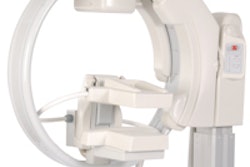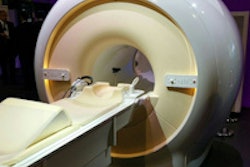Dear Molecular Imaging Insider,
With the help of PET/MRI, researchers from Boston have for the first time confirmed evidence of neuroinflammation in key regions of the brain in patients with chronic back pain.
Lead author Marco Loggia, PhD, an assistant professor of neuroscience at Massachusetts General Hospital, and colleagues used PET/MRI and a novel radiopharmaceutical to detect elevated levels of a translocator protein that is linked to neuroinflammation and is a marker of glial cell activity. Until now, the connection between glial activation and chronic pain was only demonstrated in animal models.
The results suggest that glial cells could eventually be used as a therapeutic target and to help develop biomarkers for pain conditions. Learn more in our Insider Exclusive, which is available to you before our regular members can access it.
In other featured articles, 2015 could be a watershed year for molecular imaging developer Gamma Medica in its resurrection after emerging from Chapter 11 bankruptcy. Since then, the company has refreshed its technology and is building its installed base to regain its footing in the breast imaging market. Learn more by clicking here.
Using a 15-minute MRI protocol with PET, Swiss researchers have achieved diagnostic accuracy equal to that of PET/CT in patients with non-small cell lung cancer (NSCLC). The study from University Hospital Zurich suggests that NSCLC patients can be staged in relatively little extra time, while being exposed to less radiation than they would get from PET/CT.
Moving back to the brain, studying how it makes -- or fails to make -- connections could produce a new imaging biomarker for Alzheimer's disease, according to researchers from Duke University. They used diffusion-tensor imaging, functional MRI, and PET scans to detect differences in the brains of patients with mild cognitive impairment. The findings suggest that changes in the brain can be detected earlier in the course of Alzheimer's disease, when treatment may be more effective.
Meanwhile, adding diffusion-weighted imaging (DWI) to FDG-PET/MRI to stage women with primary or recurrent pelvic malignancies contributes minimal value and is not worth the additional scan time, concluded researchers from University Hospital Essen in Germany. Omitting DWI from the whole-body PET/MRI protocol reduced scan time significantly and did not adversely affect diagnoses.
Be sure to stay in touch with the Molecular Imaging Community on a daily basis for the latest news and research.




















